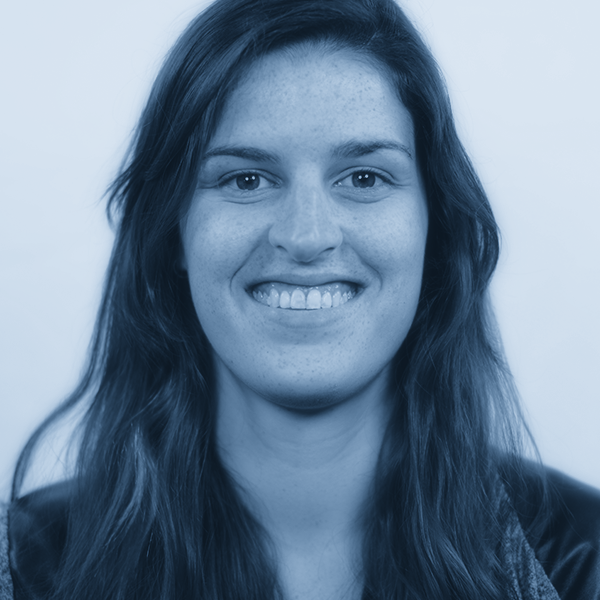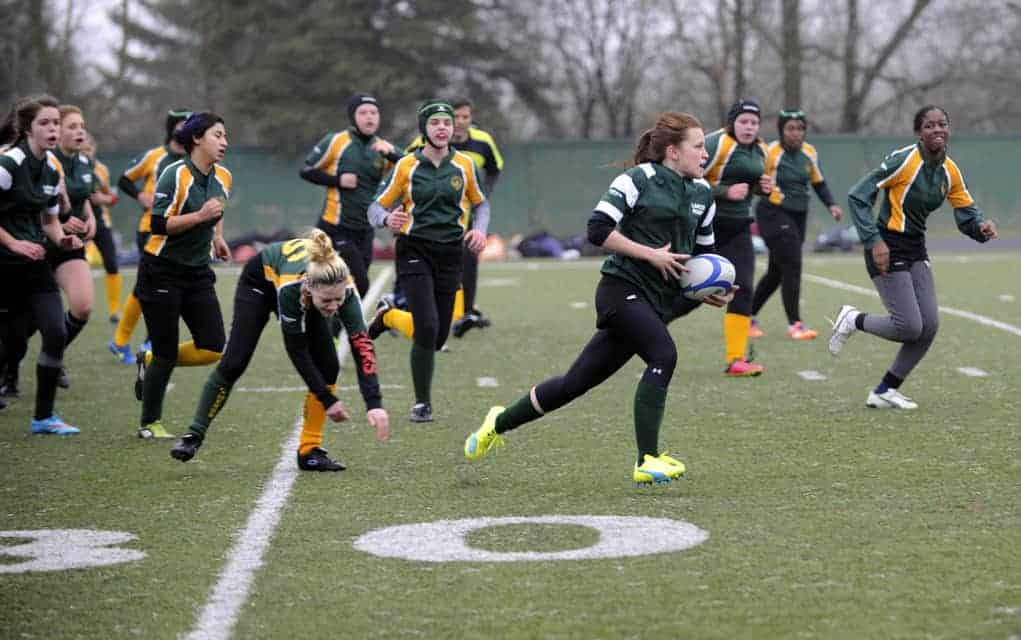Much less visible than in urban areas, poverty is nonetheless an issue in the region’s rural areas. Dealing with that was the subject of a gathering attended by local mayors and community groups last week in Baden.
At the Rural Realities Network Forum, interest groups got together to discuss what can be done to make impoverished individuals and families in rural communities more comfortable coming forward with issues, and what community supports need to be in place to assist them.
Wellesley Mayor Joe Nowak says he was very happy to see so much productive discussion around a topic that not many people feel comfortable talking about.
“I was very pleased to see the number of people and the number of agencies that were there, and brought their perspective. It was very worthwhile,” he said. “A lot of poverty is hidden. People keep it to themselves for a number of reasons. I think that it is important for people to know that it exists. We don’t see it in the rural areas. You might see it more in Toronto, or any other major urban centre. So I think that is important that people are aware, and by being aware, they may be more inclined to support the food bank and the social agencies that we have out here.”
He notes the issue doesn’t just touch one demographic: Anyone can hit hard times.
“We understand that single parents are using it, seniors are using it, and some of the new immigrants are using it while they get established, so it isn’t a single group. Anybody can run across tough times. Sometimes it is just a little bit of bad luck,” adding that the issue is more prevalent than people think. “By the statistics that I have, our food bank for example, apparently last year, there were about 300 individuals or families that used the food bank. That gives you a good indication of the need that is out there. I was told prior to the meeting that the need for the Christmas food hampers have increased. That gives you an indication that there is an issue there.”
Woolwich Mayor Sandy Shantz was also at the daylong forum, and says the most important thing was to keep communication open between different programs and government.
“I think the discussion will continue; even just getting together, acknowledging and connecting was great,” she said. “I think a lot of the solutions are more connected to support systems and so to that extent, the agencies that provide those supports can connect and work together, I think that you are going to have better outcomes.”
Nowak agreed that communication was key to solving the problem of rural poverty, and brought up the recent Wellesley Community Forum as an example of the plan in action.
“The health centre came to the forum, and at the time, I was told that the health centre has enough room for around 200 patients,” he said. “We announced that at the community forum, and they signed up some patients right away. They were excited about that.”
As for what to do now that the forum is over, Shantz says those involved need to keep talking.
“I think the next step is just keeping the dialogue open and providing places for people to come together to find those community programs and communities that support them,” she said. “There are different kinds and it is making sure that everyone has access to those communities. I think it is easy to forget, or not realize, that there are issues around poverty in the area.”









